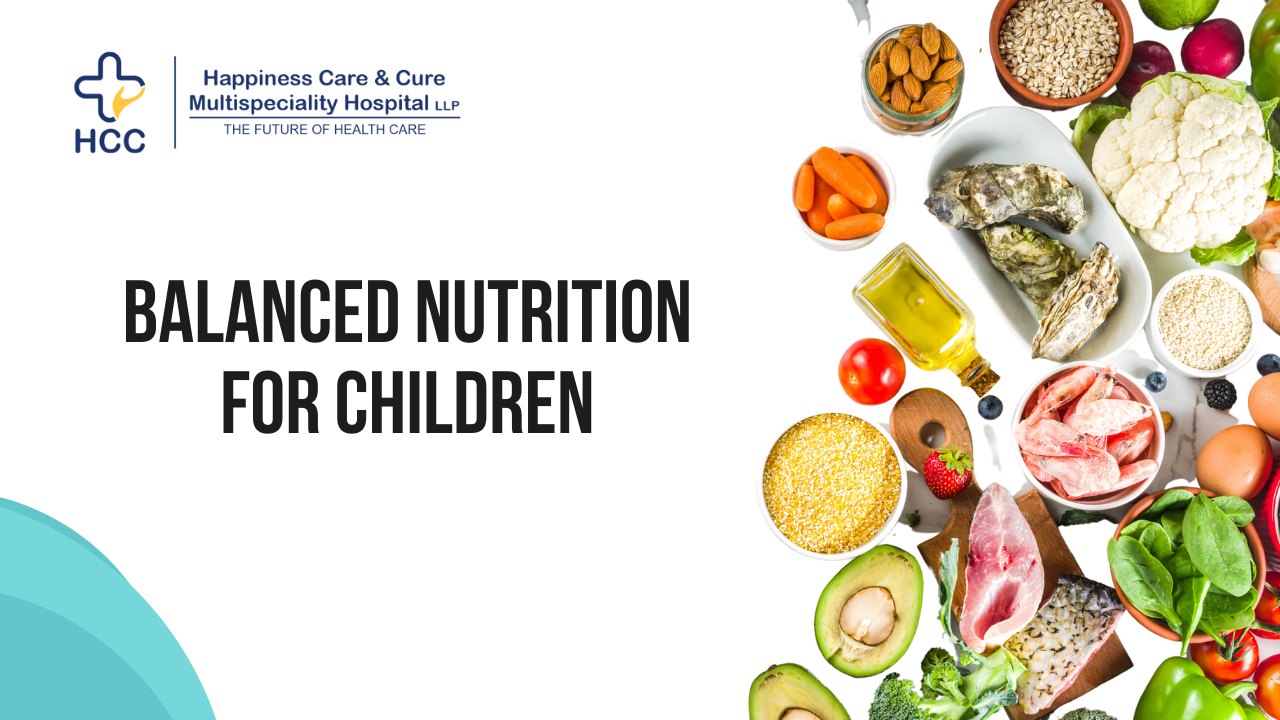
Nurturing children’s well-being involves cultivating healthy eating habits that resonate for a lifetime. This comprehensive guide explores the intricacies of fostering a nutritional foundation that supports their growth and vitality.
Introduction
Establishing healthy eating habits isn’t just about the meals served; it's about instilling patterns that shape a child's future health. Understanding the significant impact of nutrition on children's overall well-being is pivotal. Research consistently links proper nutrition during childhood to better physical and mental health outcomes later in life.
The Fundamentals of a Balanced Diet
A balanced diet for children encompasses a spectrum of nutrients - vitamins, minerals, proteins, carbohydrates, and fats. Teaching parents about the significance of each component aids in maintaining a well-rounded diet while ensuring portion control. It’s not just about the variety of foods but also about their quality.
Healthy Food Groups for Children
Fruits and Vegetables: Encouraging children to explore various colors and textures of fruits and vegetables not only provides diverse nutrients but also introduces them to a spectrum of flavors and tastes, making healthy eating enjoyable. It’s beneficial to showcase how these foods contribute to their growth and overall health.
Proteins: Introducing different sources of protein like lean meats, fish, legumes, and dairy offers essential amino acids vital for growth and repair. Providing examples of meals or snacks rich in these proteins can aid parents in planning their children’s diets.
Whole Grains: Incorporating whole grains such as oats, quinoa, and brown rice ensures a sustained release of energy, crucial for a child’s activities and growth. Explaining the benefits of whole grains in simple terms helps parents understand why these should be a staple in their children’s diets.
Factors Influencing Children's Eating Habits
Apart from nutritional content, familial eating patterns significantly influence a child's food preferences. Additionally, the pervasive influence of media and advertisements plays a role in shaping their choices. Educating parents about the impact of these external factors can empower them to make more informed decisions about their children’s diets.
Creating a Positive Eating Environment
Involving children in meal planning and decision-making not only teaches them about nutrition but also instills valuable life skills, fostering a positive relationship with food. Setting regular meal times and making mealtimes enjoyable can positively impact a child's eating habits and attitudes toward food.
Strategies for Picky Eaters
Understanding the underlying reasons for picky eating habits allows tailored approaches. Creative presentations, involvement in cooking, and offering choices can expand their palate gradually. For instance, making a game out of trying new foods or involving children in preparing meals can make the process more fun and engaging.
Understanding the Risks of Imbalanced Diets
Adequate nutrition during childhood is critical for optimal growth and cognitive development. Imbalanced diets can lead to deficiencies, impacting their overall health and future well-being. It’s essential to underscore that investing in a child's nutrition is an investment in their long-term health and well-being.
Balanced Nutrition for Children: Building Healthy Eating Habits
Being role models in healthy eating is pivotal. Encouraging children to participate in meal preparation and decision-making empowers them and makes them more receptive to healthy choices. Additionally, creating a supportive environment where healthy options are readily available and accessible can reinforce these habits.
FAQs
Q: How can I encourage my child to eat more fruits and vegetables? A: Incorporating fruits and vegetables in fun recipes like smoothies, fruit kebabs, or veggie-based dips can pique their interest and make them more appealing. Also, involving children in grocery shopping or gardening can create a sense of ownership over the foods they eat.
Q: Can imbalanced diets lead to immediate health issues in children? A: While some effects might be subtle, persistent poor nutrition can lead to issues like fatigue, poor concentration, and weakened immunity. It’s essential to prioritize balanced nutrition to support a child’s growth and development.
Q: How can parents balance the intake of processed foods in children's diets? A: Moderation is key. Educating children about the effects of excessive processed foods and gradually replacing them with healthier alternatives can help. It’s crucial to offer healthier alternatives without completely restricting foods, promoting a balanced approach to eating.
Conclusion
Establishing Balanced Nutrition for Children: Building Healthy Eating Habits is a continuous journey. By nurturing healthy eating habits from an early age, we lay the groundwork for their well-being throughout life. Investing time and effort into educating children about the importance of healthy eating can shape their habits and preferences, fostering a lifetime of better health outcomes.
Make an Appoinment